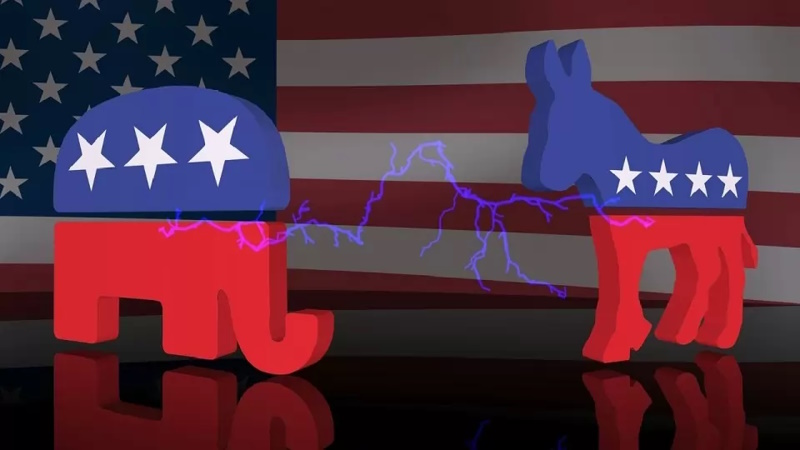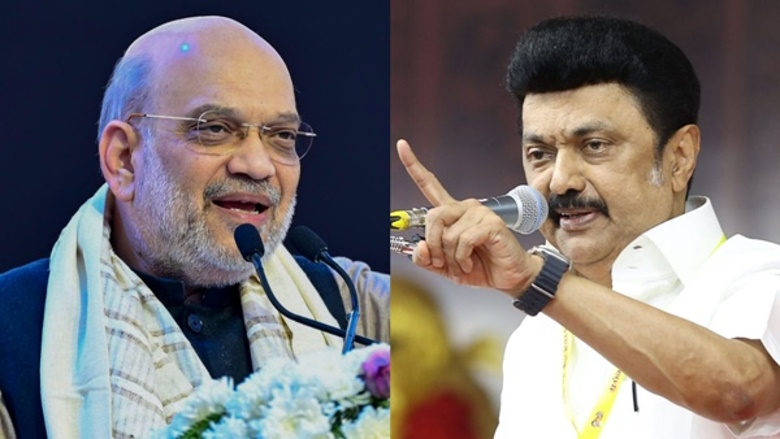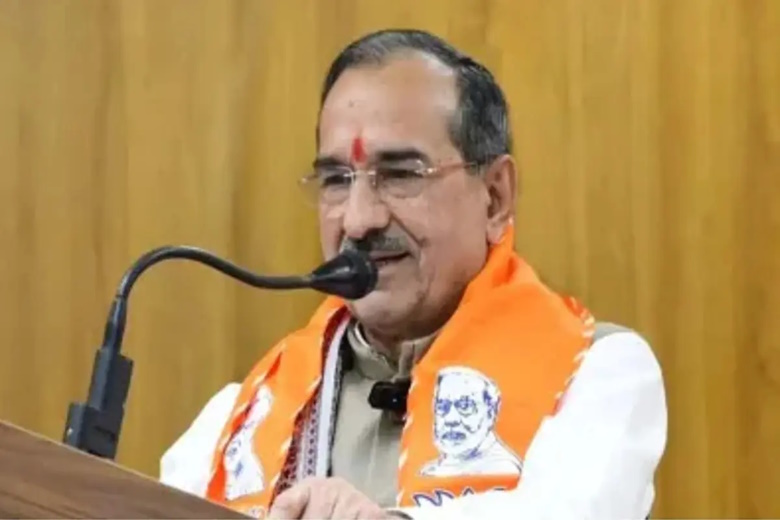During early American history, federal elections were disorganized, with each state setting its own date. This inconsistency prompted Congress to standardize elections, designating a single day across the country.
 For over a century, US elections have taken place on the first Tuesday after the first Monday in November. This seemingly random choice, established in 1845, was deeply rooted in 19th-century agricultural needs and religious observances. While this timing was practical for a society dependent on farming and horse-drawn transportation, many now argue it may be outdated.
For over a century, US elections have taken place on the first Tuesday after the first Monday in November. This seemingly random choice, established in 1845, was deeply rooted in 19th-century agricultural needs and religious observances. While this timing was practical for a society dependent on farming and horse-drawn transportation, many now argue it may be outdated.
During early American history, federal elections were disorganized, with each state setting its own date. This inconsistency prompted Congress to standardize elections, designating a single day across the country. In 1845, lawmakers chose Tuesday, November, for practical reasons tied to the rural, agrarian lifestyle of the time.
In the mid-1800s, the US was predominantly an agricultural nation, and November was an ideal month since the harvest was completed and harsh winter weather had yet to set in. Additionally, Sunday was reserved for church and rest, which meant Monday wasn’t feasible as voters often needed a day to travel by buggy to their polling stations. With market day falling on Wednesday in many rural towns, Tuesday emerged as the best option. According to US Senate Historian Don Ritchie, “People would have to travel to the polls in their buggies on Sunday, the Sabbath.”
To avoid Election Day landing on All Saints’ Day (November 1), Congress stipulated the election should be held on the “first Tuesday after the first Monday” in November. Financial practices also influenced this decision, as merchants often settled their accounts at the start of the month.
While choosing Tuesday made sense in 1845, it’s less relevant today. Only about 2% of Americans now work in agriculture, and the largely urban, industrialized society faces different scheduling needs. Critics argue the Tuesday tradition may now be a hindrance rather than a help.
According to Congressman Steve Israel, a Democrat from New York, “the world has moved on, and so Congress should also move on and make it easier for people to vote.” Indeed, US Census Bureau data shows that around 25% of non-voters cite being too busy or having a conflicting schedule as reasons for not voting.
Jacob Soboroff of the nonprofit “Why Tuesday?” has gone so far as to call the tradition “ridiculous” and “absurd.” He argues, “There is absolutely no good reason whatsoever to vote on the Tuesday after the first Monday in November.”
Proposals to move Election Day to the weekend have gained some support, yet they face significant resistance. Congressman Israel has introduced bills to shift Election Day to the weekend, but these efforts have repeatedly stalled in Congress.
For the 2024 presidential election, voting is still set for Tuesday, November 5. Some advocates suggest making Election Day a federal holiday, which they believe could boost voter turnout by giving workers the day off. Currently, only 29 states and the District of Columbia have laws allowing time off for voting, with 23 of those states requiring employers to pay for this time. States like Delaware, Hawaii, and New York already observe Election Day as a holiday, but this is not a nationwide policy.
Those against weekend voting point out logistical issues, such as securing voting equipment and recruiting poll workers for weekend shifts. They also argue there’s no guarantee that moving Election Day would significantly increase turnout, as many Americans have grown accustomed to the Tuesday tradition.
While Election Day remains fixed on the first Tuesday of November, “Super Tuesday” refers to a different occasion entirely. This day is a key part of the presidential primary season, when multiple states hold their primaries on the same day. The term gained prominence in 1980, though its origins date back to 1976 when primaries were held simultaneously in six states.
In 1980, Democratic strategists from the Southern states of Alabama, Florida, and Georgia chose to hold their primaries together on a single Tuesday to create momentum for candidates. Today, “Super Tuesday” is a defining point in the presidential race, often shaping the trajectory of the campaign season.
Despite the modern challenges associated with Tuesday voting, the tradition persists. As Ritchie explains, “We’re a very traditional country, and that became a tradition in a lot of ways.” While Tuesday voting may have been essential in the 19th century, its relevance in today’s fast-paced world is increasingly questioned. For now, however, this enduring tradition continues.




